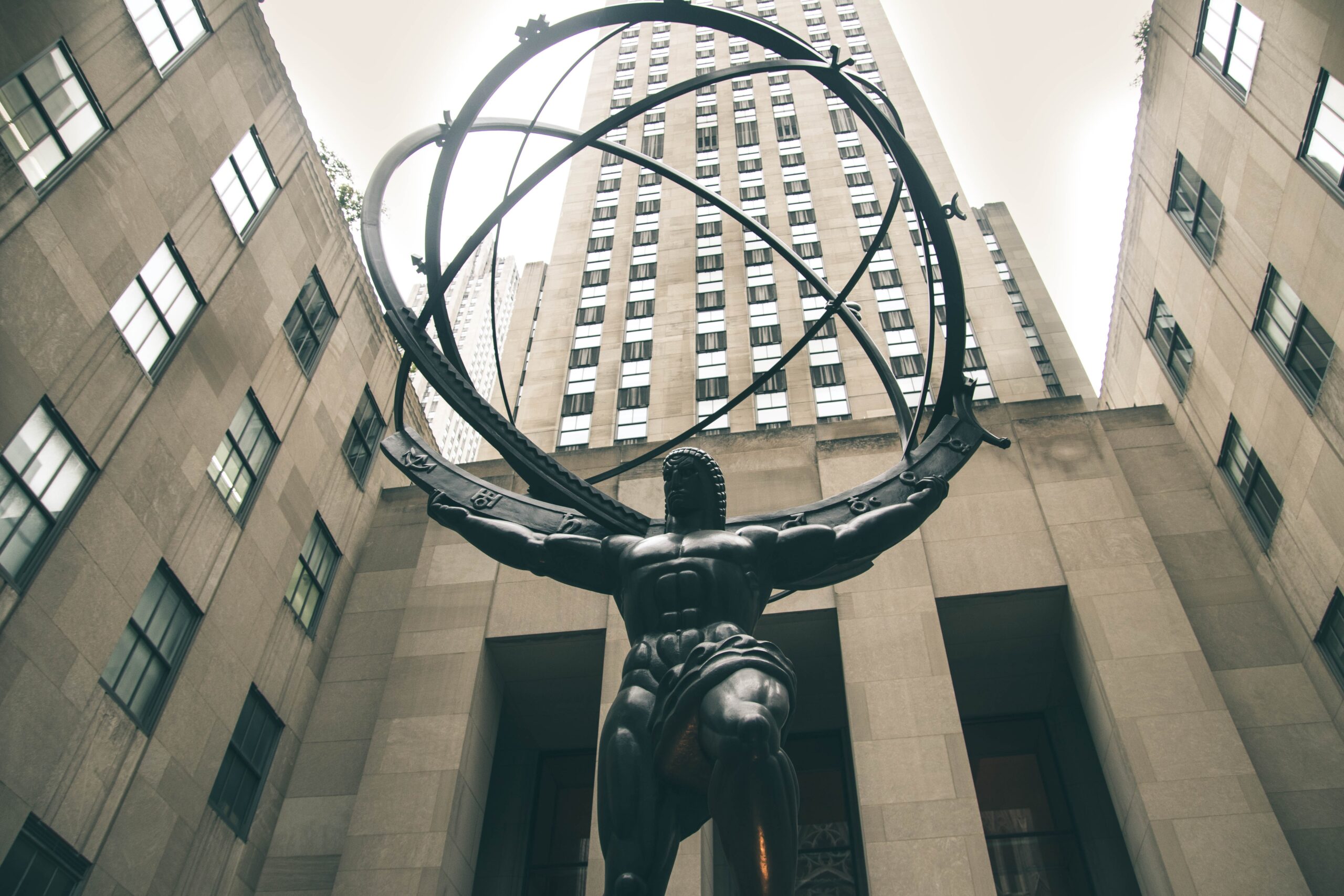Many of the timeless tropes of Passover and Easter that millions of people celebrated last week parallel those of Coronavirus today. The ritualistic washing – in Easter, the feet; in Coronavirus, the hands. The sickness – in Passover, the plague; in Coronavirus, Covid-19. The redemption – in Easter, resurrection from the dead; in Coronavirus, rebounding the economy. The saviors – in Easter, God; in Coronavirus, healthcare workers. The suffering, death, and grief. The ceremonious family meals.
Passover and Easter prompted many to reflect and count blessings: Food. Water. Personal protective equipment. Toilet paper. Internet and phones. Without internet and phones, this outbreak would be So. Much. Worse. Covid-19 has quickly transformed the telecommunications companies that provide them to us from a necessary evil to the lifelines of the majority of humanity. Through them, we connect to other humans outside our homes.
The telecommunications companies of the world deserve a standing ovation and a ticker-tape parade down Broadway for their performance during the outbreak. The digital divide is formidable, and not everyone has access to reliable internet and phone service yet. That said, among the majority of businesses and citizens who do have it, internet and phone service is not on the list of failures that have tripped us up so far. It has continued strong and smooth despite the fact that traffic on all mobile and broadband networks has blown past peak pre-outbreak records.
They are titans balancing the world on their shoulders like Atlas – with the help of other critical industries like gas and electricity, water, banking, sanitation, food, and agriculture. Those industries fuel and power the healthcare industry to fight Covid-19.
In an interview, Verizon chief executive Hans Vestberg said phone call numbers and length have surged to record levels and stayed there day after day. The applications people are using have changed dramatically too. This is true for all providers. Yet telecommunications infrastructure has passed the test with flying colors for the most part, firing millions of communications between our devices uninterrupted. Other players and industries who overloaded in the face of surging demand stand to learn from how telecommunications has triumphed – from risk assessment to planning, from operations to investments to leadership.
Vestberg listed some of the ways his company has stepped up customer service during the outbreak:
- Waiving all late fees and suspending terminations for nonpayment
- Increasing data limits by 15 gigabytes per month
- Prioritizing data and communication of first responders and hospitals
- Giving away free education and premium movies on the network
Likewise, T-Mobile chief executive John Legere announced upgraded customer services such as:
- Spectrum sharing agreements to deliver a 58% increase in spectrum coverage
- Staff monitors network performance 24/7, including calls to 911 – and technicians remain on call to rapidly respond
- All customers granted unlimited data on smartphones, plus additional mobile hotspot data
- More data capacity for Lifeline partners and schools and students using T-Mobile’s educational platform
Following Vestberg’s and Legere’s lead, other CEOs in the industry announced their own extraordinary measures.
Such disaster response actions are essential, but research shows the biggest winners during a crisis are those CEOs who invest during downturns to position their companies to rebound better than competitors. Strategic investments in workforce, capital expenditures, research and development, and sustainability tend to fit nicely in this category. Remarkably, Vestberg and Legere are doing just that.
While some might be tempted to derail long-term projects to get through a crisis, Vestberg leaned the opposite way. Verizon projected to spend US$17.5B on network infrastructure during 2020. In March, Vestberg upped it by $1B to $18.5B, calling it a “responsibility” that is “good for employment and for people.”
Legere and T-Mobile also made a big-bet investment in the downturn to propel them into the recovery. He forged ahead undeterred to merge with Sprint in a deal that closed days ago, promising to become the biggest “Un-carrier” that serves key stakeholders such as its employees and communities as an innovative “force for good.”
Now is the time when leading chief executives are placing the big bets in line with their corporate purpose that will propel their companies forward to rebound. Telecommunications firms appear to be frontrunners in this race, as the millions of families who virtually greeted their loved ones at Passover and Easter can attest. Other chief executives who apply lessons from Vestberg’s and Legere’s recent outperformance and investments will position themselves to win too.


